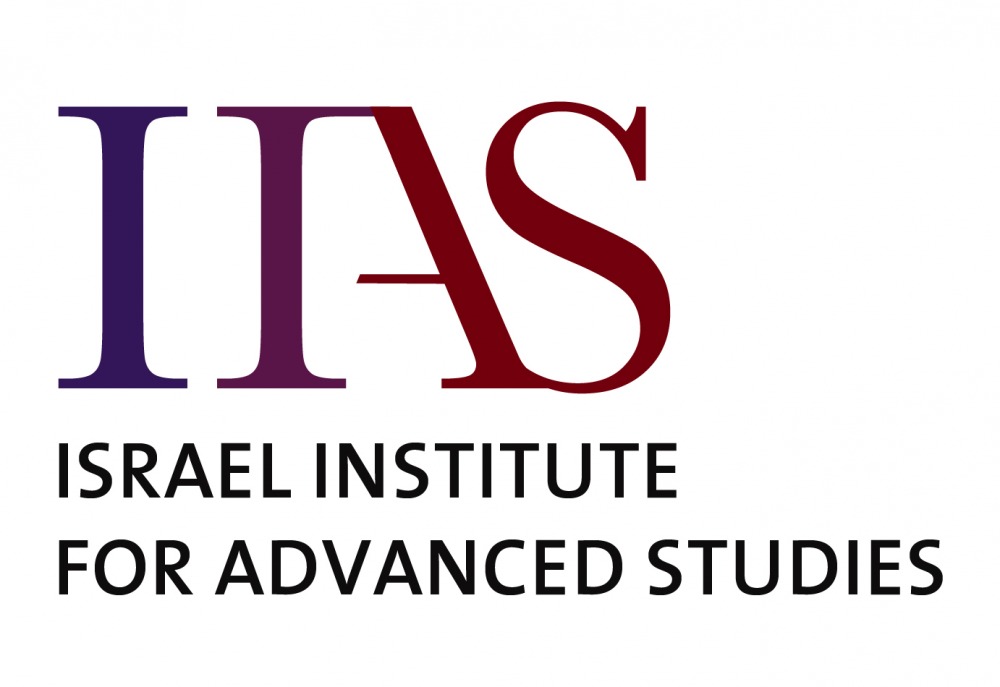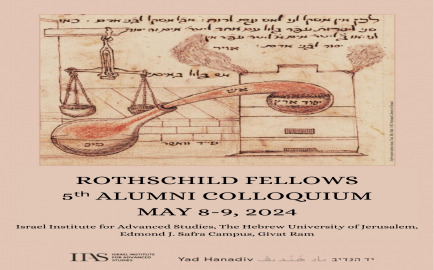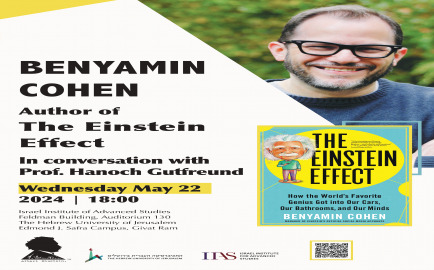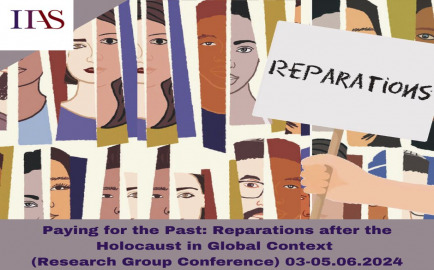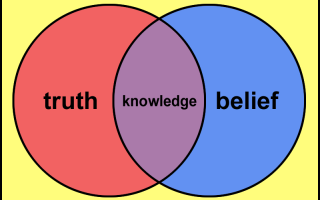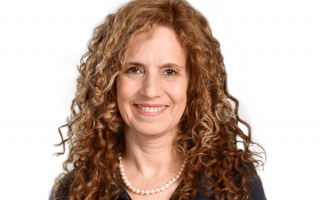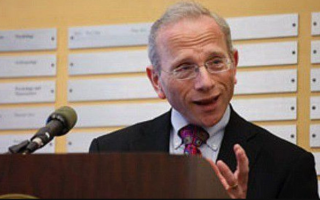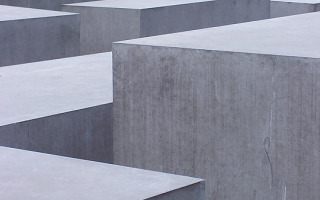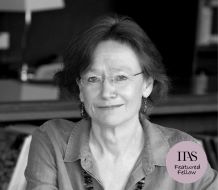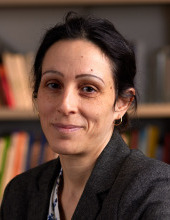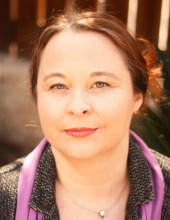This week's Featured Fellow is Carol Harrison, a Professor of Divinity at the University of Oxford, and an IIAS Individual Fellow. We spoke to Carol about Christian theology, hiking, and the significance of the voice…
What research are you working on during your time at the IIAS?
In my book, The Art of Listening in the Early Church, I argued that we need to remember that the works of the early Christian theologians which are now read in books were often spoken and intended for a listening audience. We miss a good deal of the nature and purpose of these texts if we forget that they were originally voiced and heard.
In the book I am currently writing, I want to take a step back and argue that the same is true of God’s words. The dominant metaphor in Christian theology is of the word. It is used to describe the nature of God; His creation and providence; His incarnation; His inspiration of the prophets, Scriptures, teaching and worship. I would like to suggest that in attending to the Word/words of God, we need similarly to remember that we are not so much reading a text as listening to a voice; that God does not write, He speaks.
In emphasising the voice of God, the book will also reflect on the relation of the voice and words. It will argue that, in contrast to words, the voice – whether pre-linguistic, linguistic, or post-linguistic – avoids any sense of fixed, static, definition but rather entails and invites open-endedness, relation and participation, all of which are essential in theological reflection on the unknowable, ineffable, limitless God, who cannot ultimately be grasped by human words.
The book will engage with scholars and artists across the disciplines who, like the theologian, struggle with the challenge of expressing what words and texts cannot fully capture, and who have similarly emphasised the role of performance, and of the tacit, affective, participatory ways of communicating and knowing which are characteristic of the voice.
How did you first get involved in this area of research?
I was led there by my book on listening, but even more by my last book on St Augustine and music. Music is the best example I can think of the sort of qualities of the voice I want to explore.
Can you share an interesting or thought-provoking fact that you have uncovered in your research?
Some early Christian theologians maintain that, before the Fall, Adam and Eve didn’t need a voice but directly and intuitively knew God’s will and each other’s minds. Imagine if someone could read our thoughts! That gives you a sense of how fallen we are!
Were you always interested in going into academia?
I didn’t have a plan to go into academia – it happened as I drifted through the educational system, enjoying what I was doing and always wanting to pursue it further. I was very fortunate to get funding for my doctoral studies, and to get my first job when I was 27 on the strength of one article and no teaching experience! Thankfully, I found that I enjoyed teaching and haven’t looked back.
How has your experience been so far at the IIAS?
The IIAS is paradise before the Fall for academics, and even though we can’t read each other’s minds we do seem to enjoy communicating our ideas and thoughts. It is an exceptional place in every way. I’ve particularly appreciated the fact that the administrative team have thought of just about everything a visiting fellow might need – practically and academically – from a corkscrew and shopping on arrival; to Fellow’s trips to get to know the country; to excellent food and time to socialise. Above all, they have created a relaxed and friendly environment in which to get lots of thinking and writing done, while sharing this with others on a daily basis. It is a happy place (which is more than I can say for many of the environments I’ve worked in).
Do you have any hobbies outside of your research?
I’m obsessed with paper and love trying to re-create the marbled papers you find on the covers and end paper of old books. I’ve tried bookbinding too. My big passion is music; I’ve played many instruments – badly – and was learning the lute before I left, but it wouldn’t fit in the overhead locker to bring with me. My husband is a mountain guide, so it’s just as well I share his love of the wild outdoors (the only thing I don’t do is rock climbing – except to belay from the ground). We’ve done lots of trekking and wild camping while we’ve been here and some of the most special moments have been looking out from our tent at dawn on the Sea of Galilee or the Dead Sea and walking some of the Wadis.
How are you finding living in Israel?
Complex, challenging, disturbing – and wonderfully diverse, endlessly fascinating, stunningly beautiful. It is totally and utterly different from life at home (especially the weather!).
What is your favourite spot in Jerusalem?
I love my daily walk to and from the Institute through the Rehavia Park, past the Monastery of the Holy Cross. It’s a chance to appreciate the changing seasons, the birds and, at the moment, the wild red anemones and cyclamen. We picked and cured olives from the trees in October and I’m still excited by it – especially as they now taste so good.
The sounds of Jerusalem are also very special – especially the chants, singing and calls to prayer from the different religions, which, in some places in the Old City, you can hear all at the same time.
And lastly, give us a book recommendation:
A novel by the Scottish writer, Muriel Spark, called the Mandelbaum Gate – set in Jerusalem, in all the sites we’ve been visiting. (Reading it here has been like watching Inspector Morse on TV at home in Oxford!)

